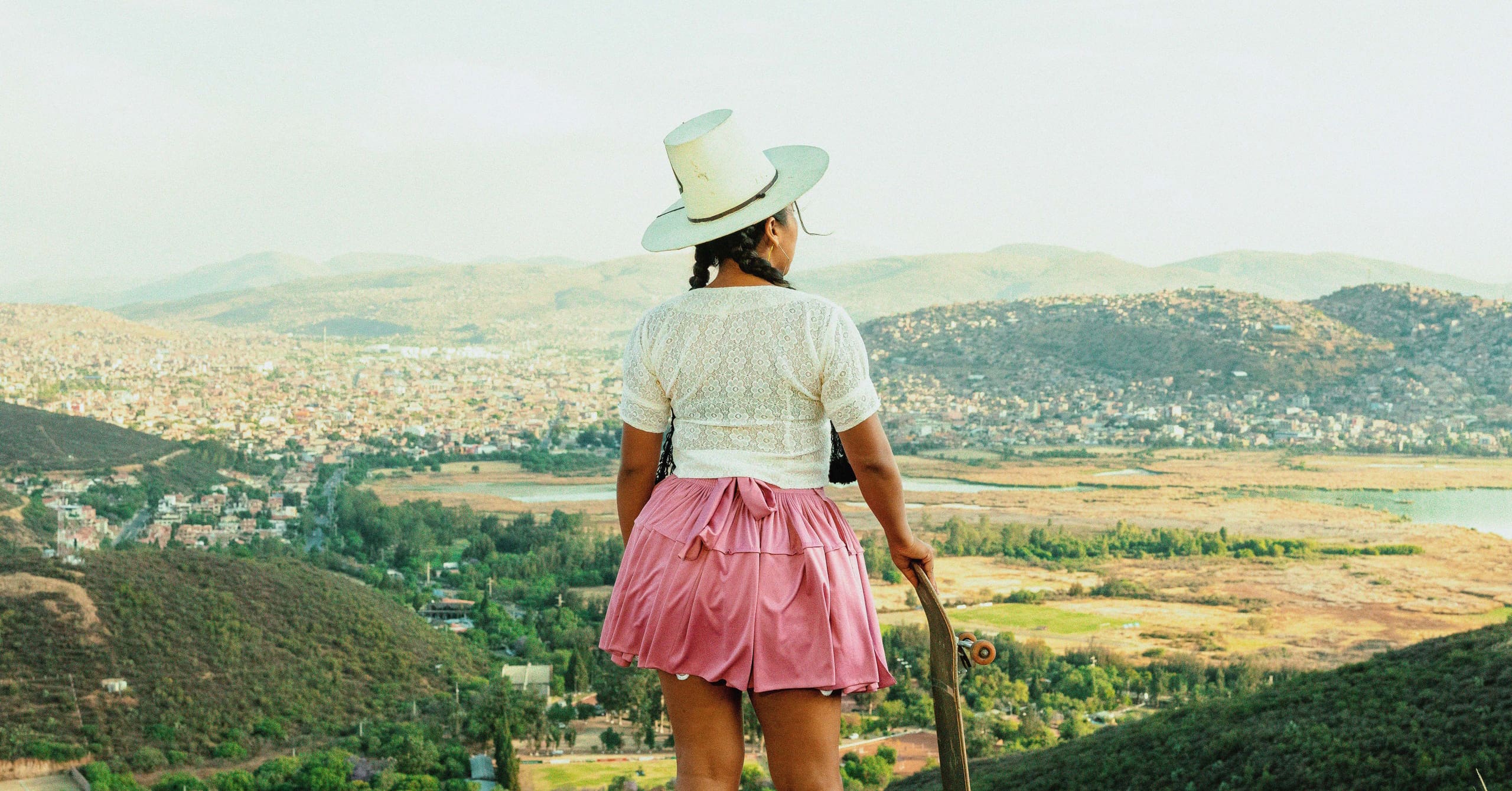Luisa Dörr
Luisa Dörr
Discover the story behind Imilla, the artist’s project presenting a new generation of women skateboarders in Cochabamba.
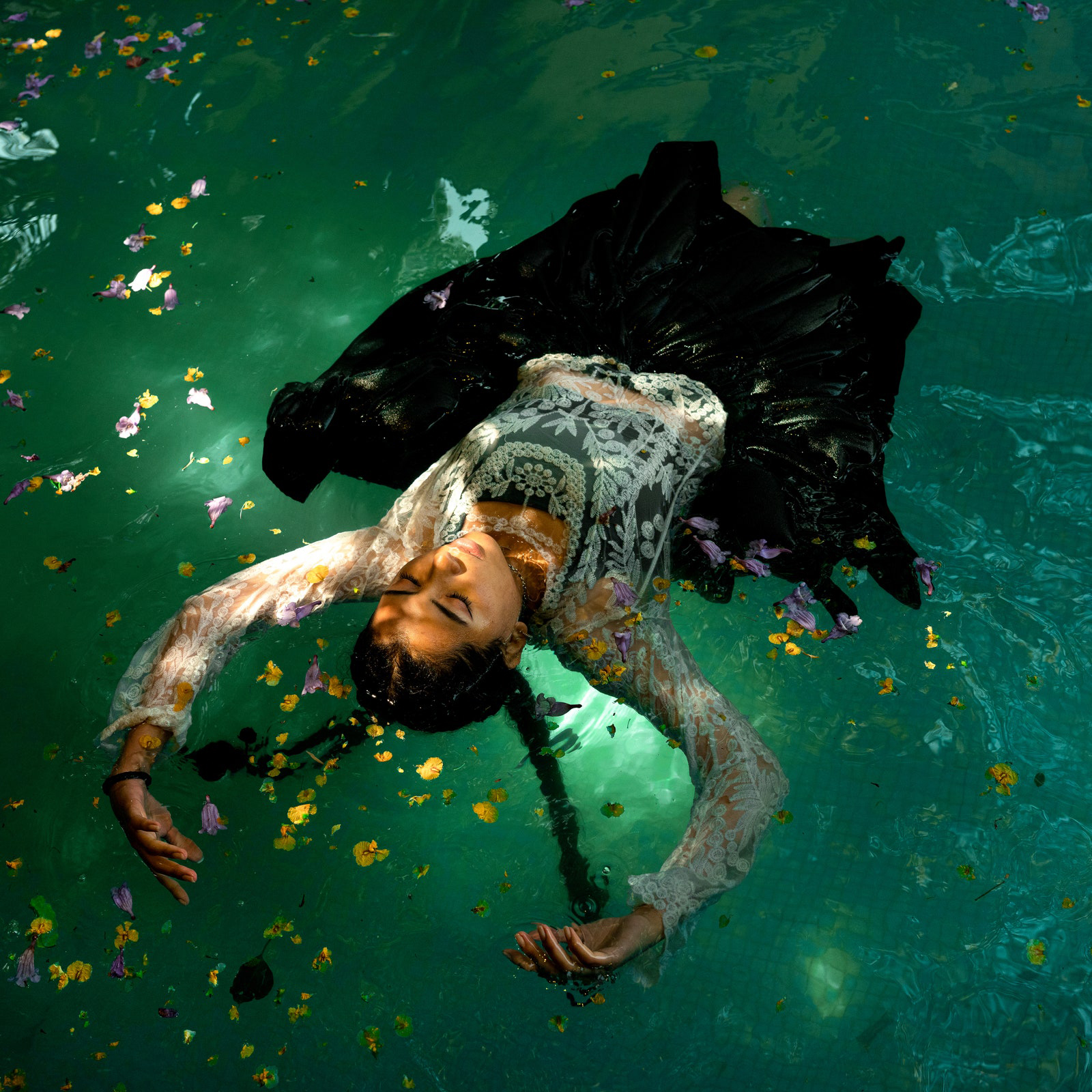
Join us in congratulating Luisa Dörr, the recipient of the $5,000 PhotoVogue Festival Grant.
Luisa Dörr is a Brazilian photographer whose work is mainly focused on the feminine human landscape.
This grant will provide valuable support for her artistic journey and foster her continued growth.
Imilla, the title of the project submitted, presents a new generation of women skateboarders in Cochabamba. We asked Luisa a few questions in order to better understand this work.
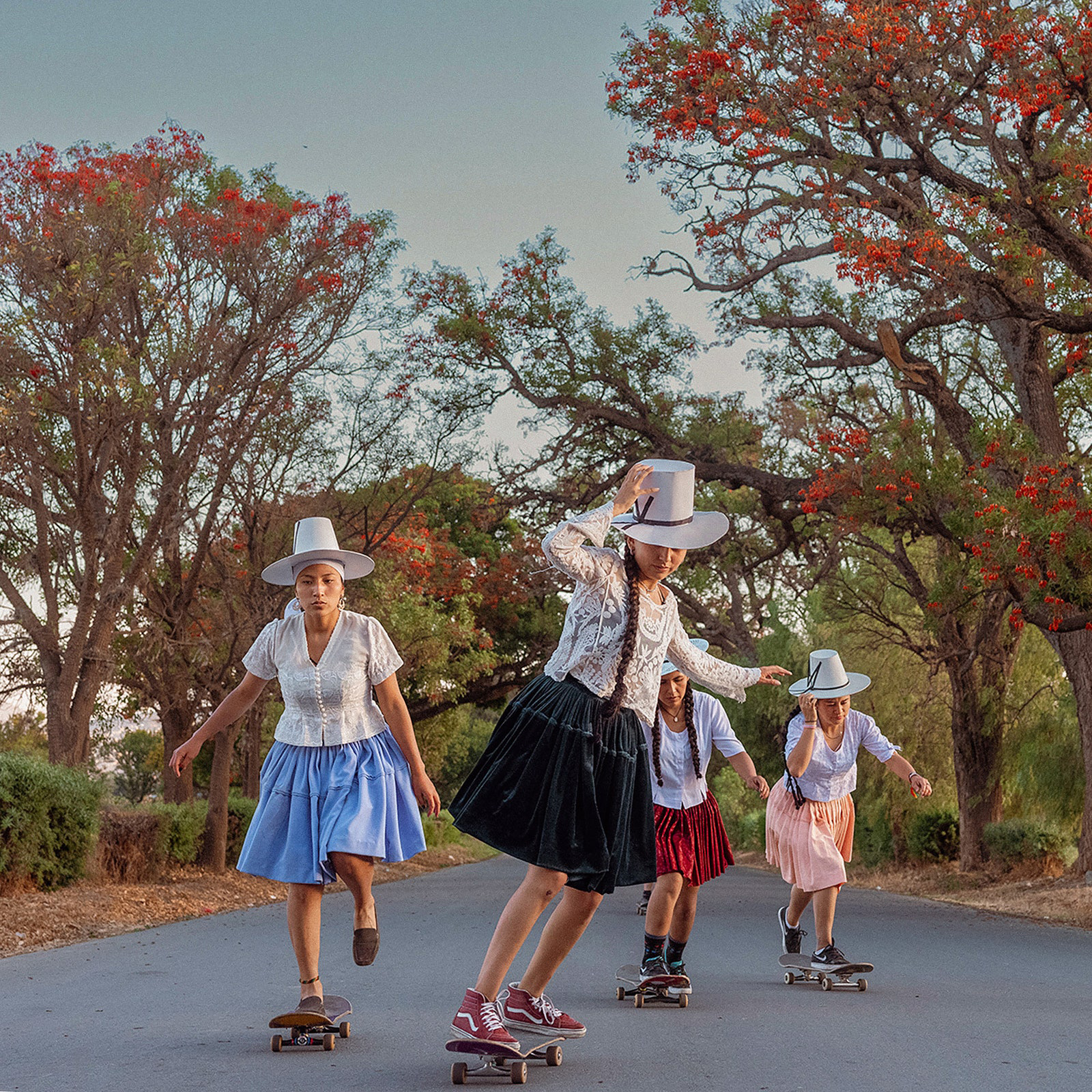
How did you first get into photography?
I got my first camera when I was five. I barely even remember. I always carried a camera and photographed everything. Photography was always my language and my way to communicate with my context. Photography helped me to understand more about myself and about the world.
I started working at a family portrait studio, in my village (Lajeado), while I was studying graphic design there. Later on, I became an assistant at an advertising studio in Porto Alegre, I moved there to study photography.
I gained some experience and after that, I moved again, this time to Sao Paulo to work as a cultural producer, then finally I became a freelancer.
What mainly inspires you in creating your project Imilla?
I met the girls through IG. When I saw the first Imilla image on Instagram I felt right away the urge to know more about them. This is usually my main drive, a need to expand my little personal universe. Then I thought that a photo essay about the girls would be a good opportunity to put together some relevant issues; young women, minorities, identity, ethnography, sports, politics, cultural heritage, and authenticity While breaking some stereotypes.
What does the project say about beauty?
In the western region we have a clear standard of beauty, mainly made by corporations. This has been changing in the last couple of years. One of the issues with those stereotypes is that there’s no room for other types of beauty. Not just the faces, the hair, the body volume, also the fashion, the way of living. Imilla skate has been a great tool to promote certain traditional beauty, which for years excluded and frustrated a huge portion of the Bolivian Society for not being tuned to the western standards.
What do you wish to say about womanhood through your photographic series? How do you choose your subjects?
In Cochabamba I discovered a group of young women, with ideals, that were fighting to break stereotypes in a very patriarcal historical context. I like to believe that I have been able to show a glimpse of that powerful energy that emanates from those girls.
What impact do you want to have with your work?
My ideal is to leave any place after the job is done, with the feeling that I have helped in any way. I don’t want to just drop from a parachute on a remote place, take pictures of strangers, and leave the place. I always try to get involved somehow.
With Imilla for instance, when I first met them they had 5k followers on Instagram, today they have 80k. I got them in touch with Santa Cruz skateboards, and they got some decks and other equipment. Then quickly, after the photo essay was appearing in the media, they began to become popular. Traveling, interviews on TV, brands offering sponsorship, and all sorts of good things. They just needed some media exposure, they are the story, and I’m glad I was able to contribute with that.
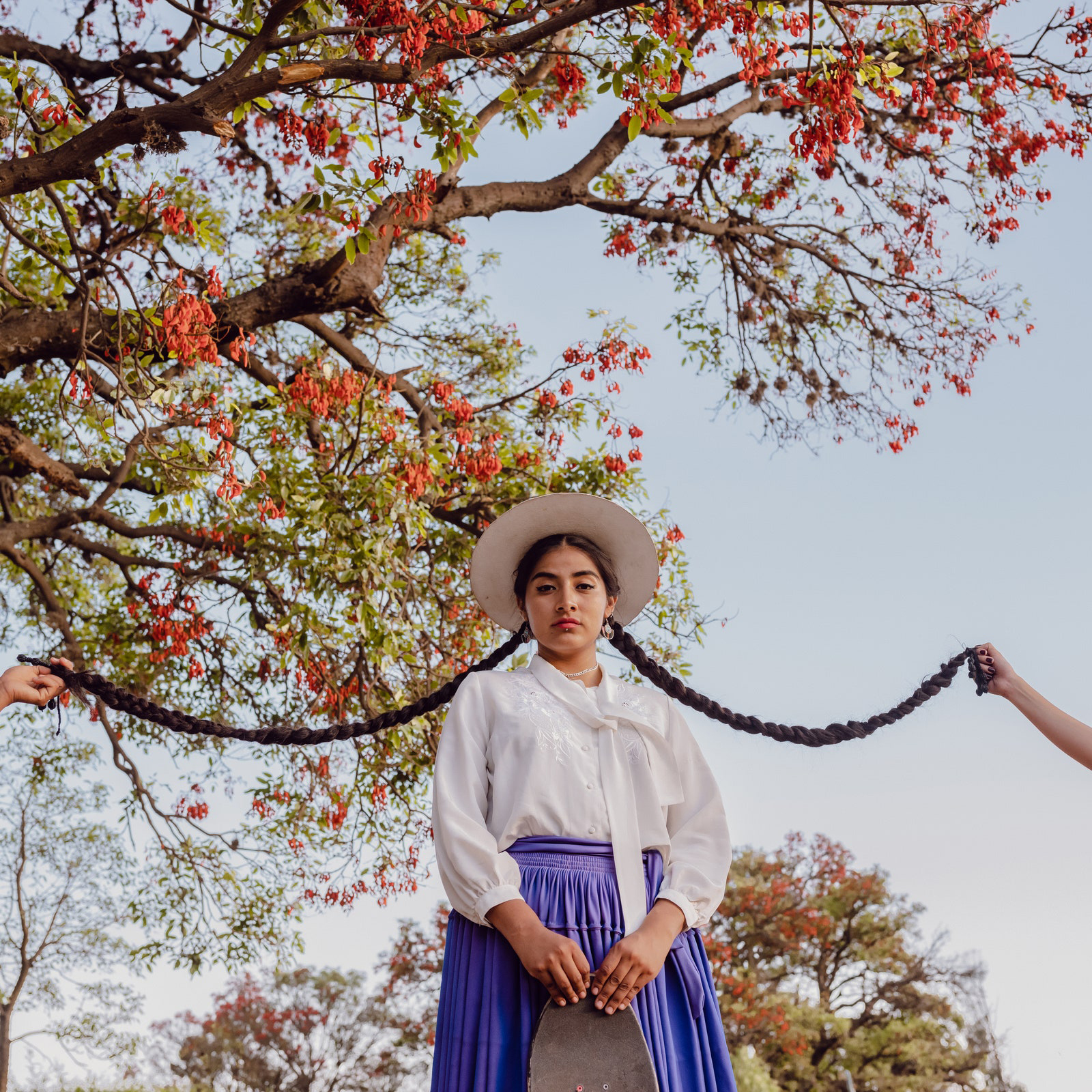
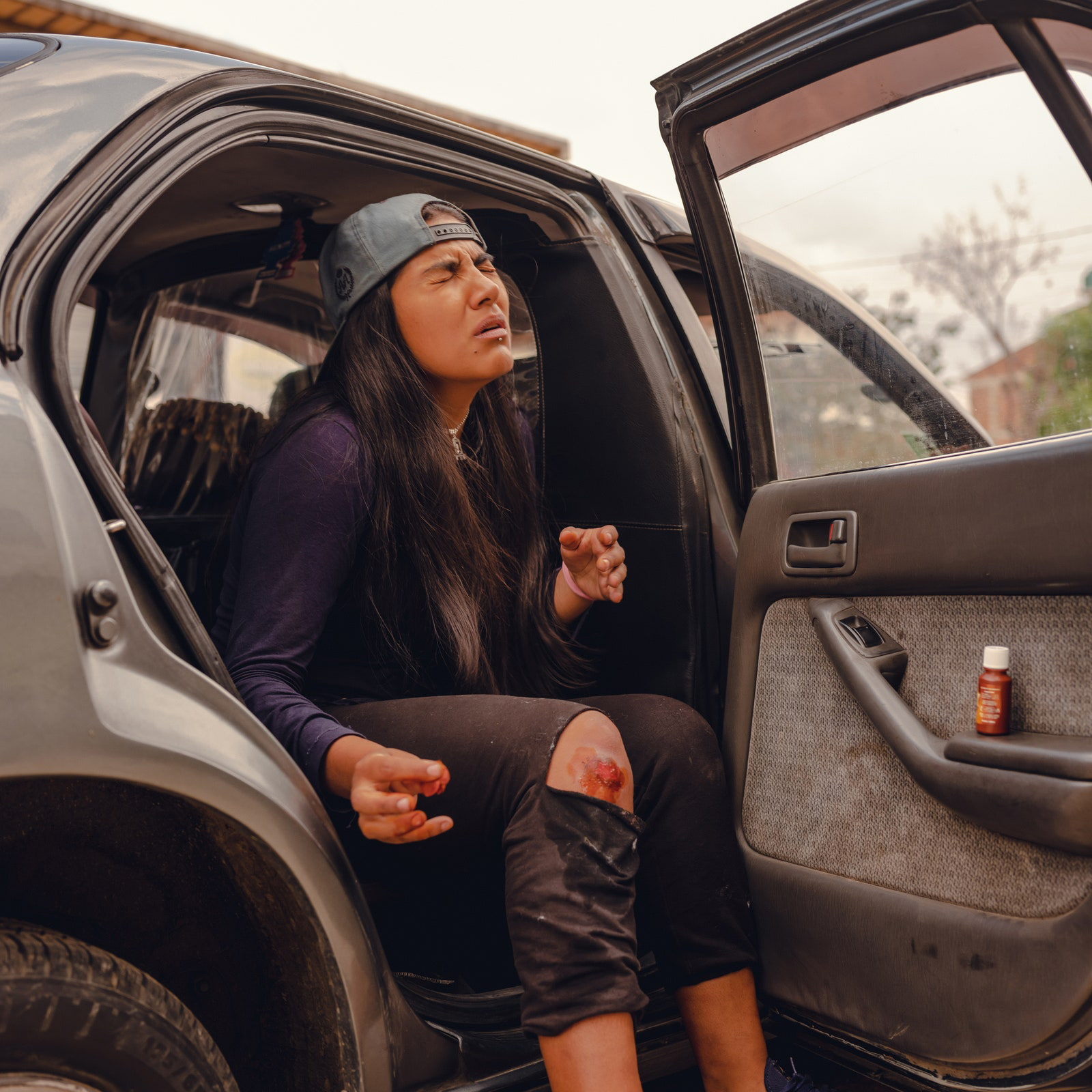
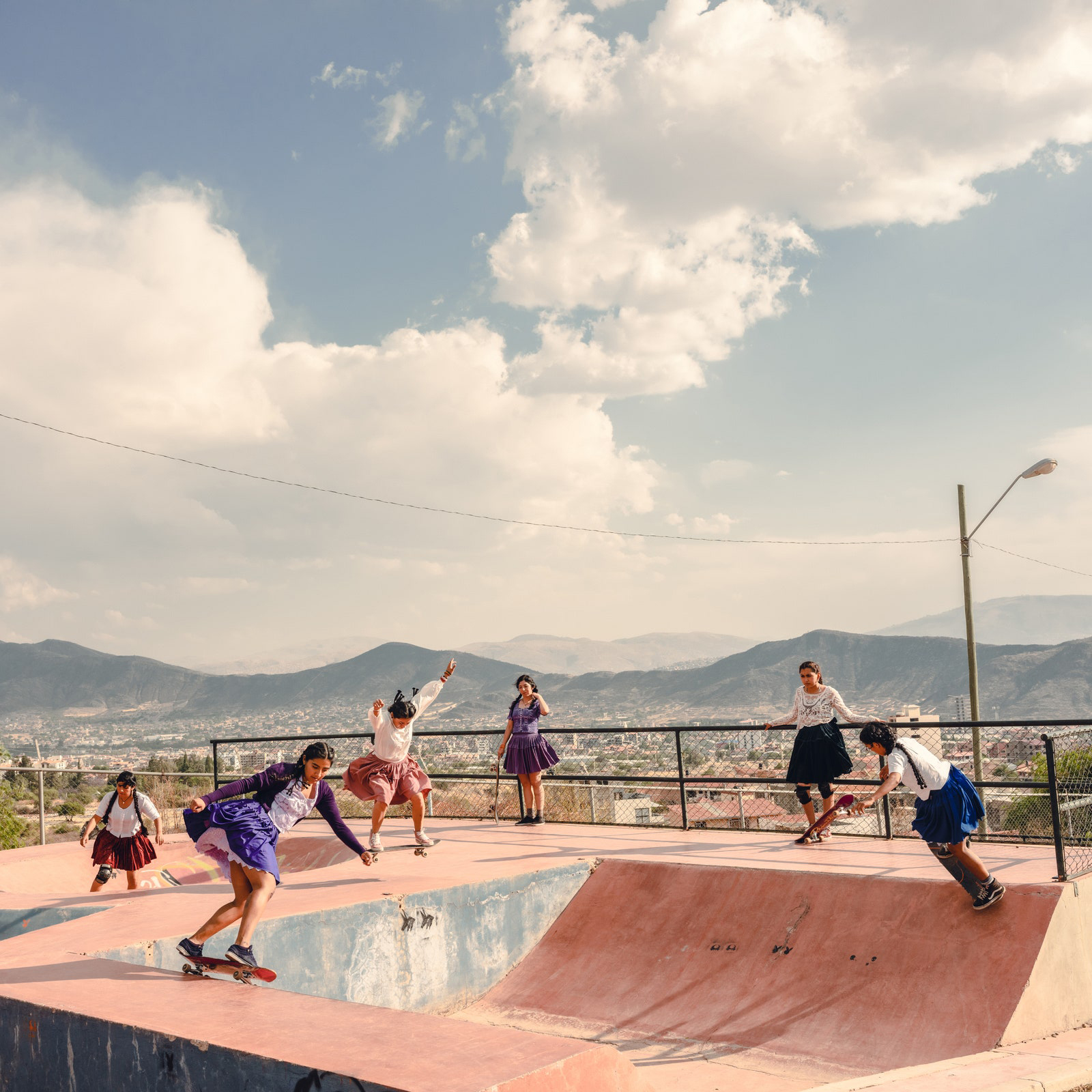
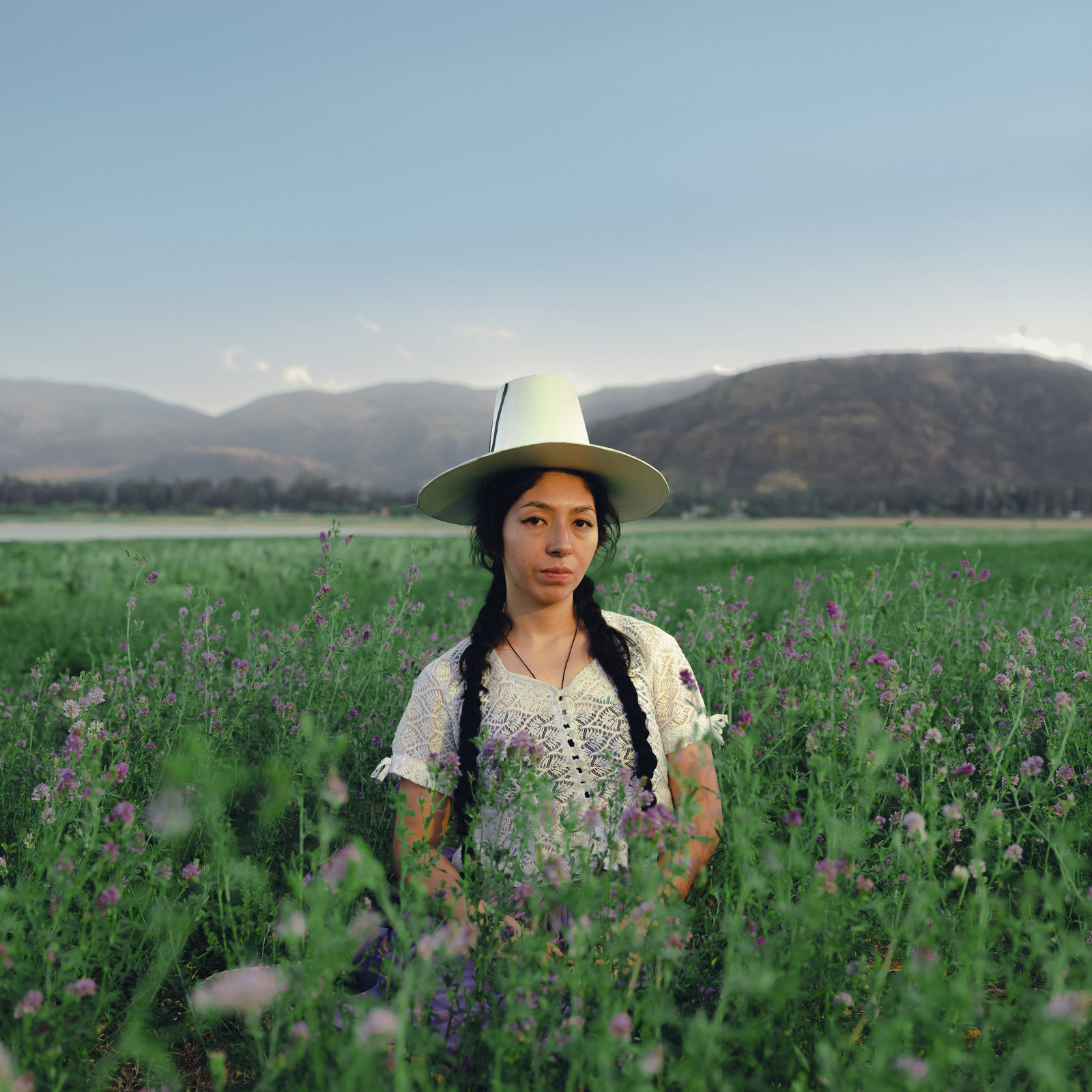
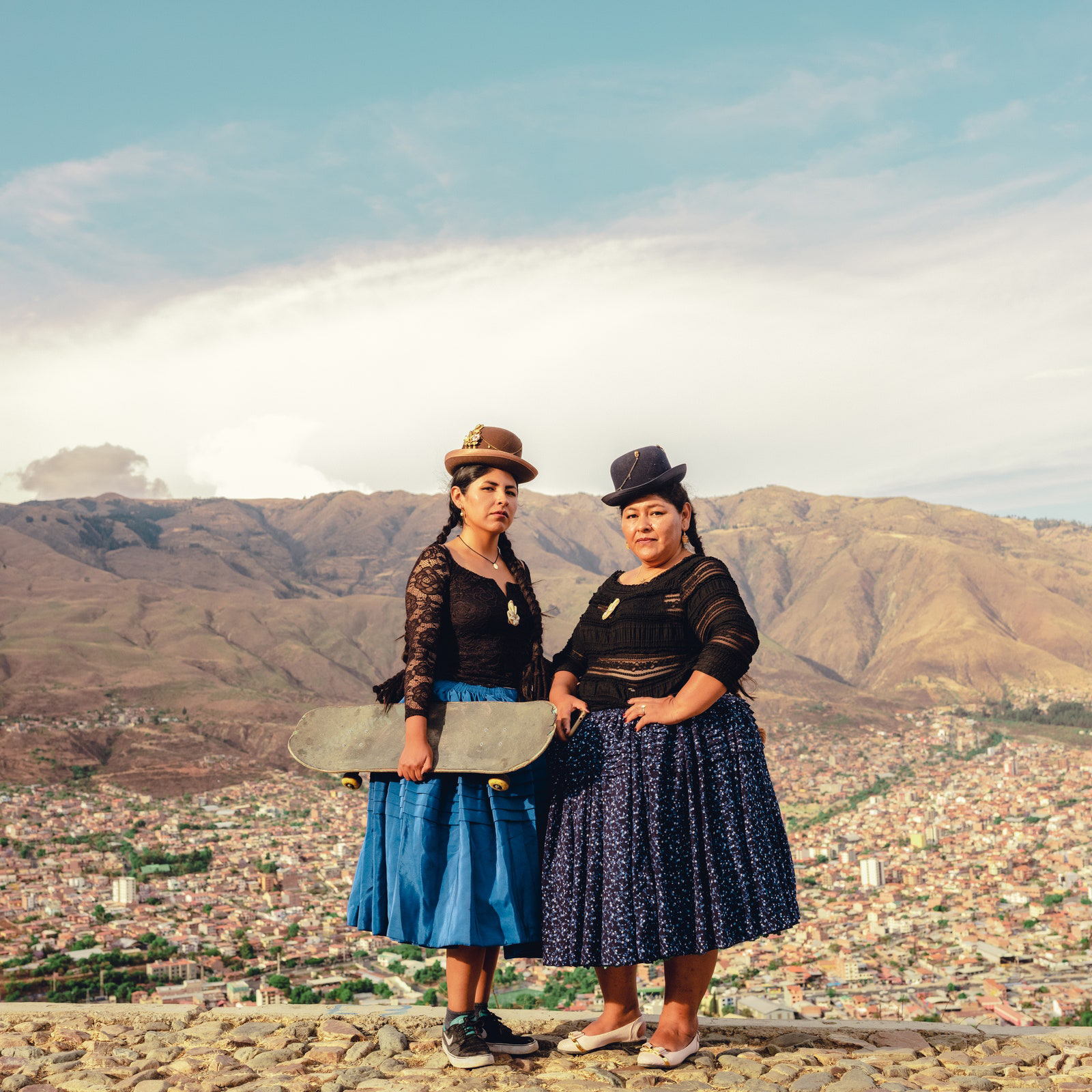
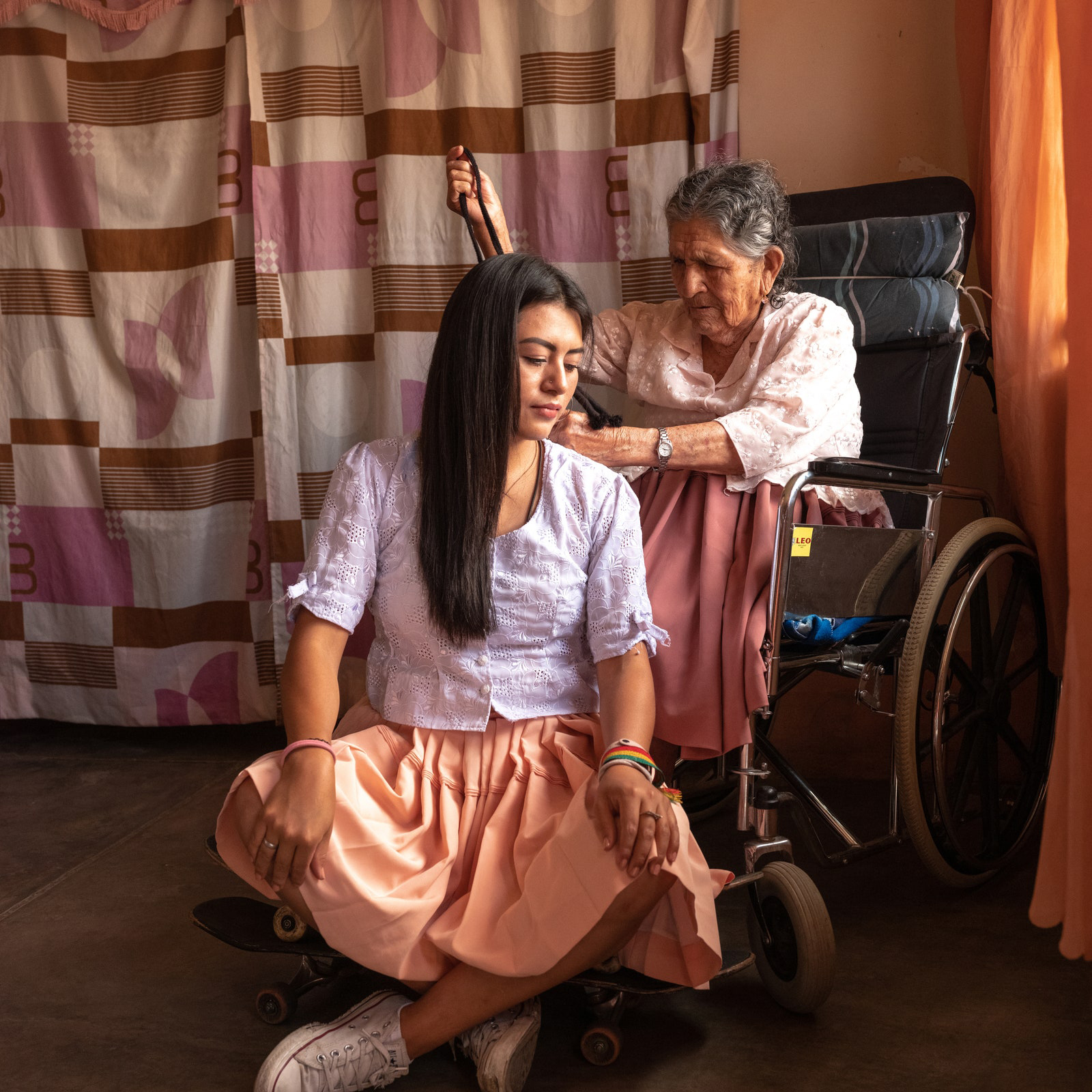
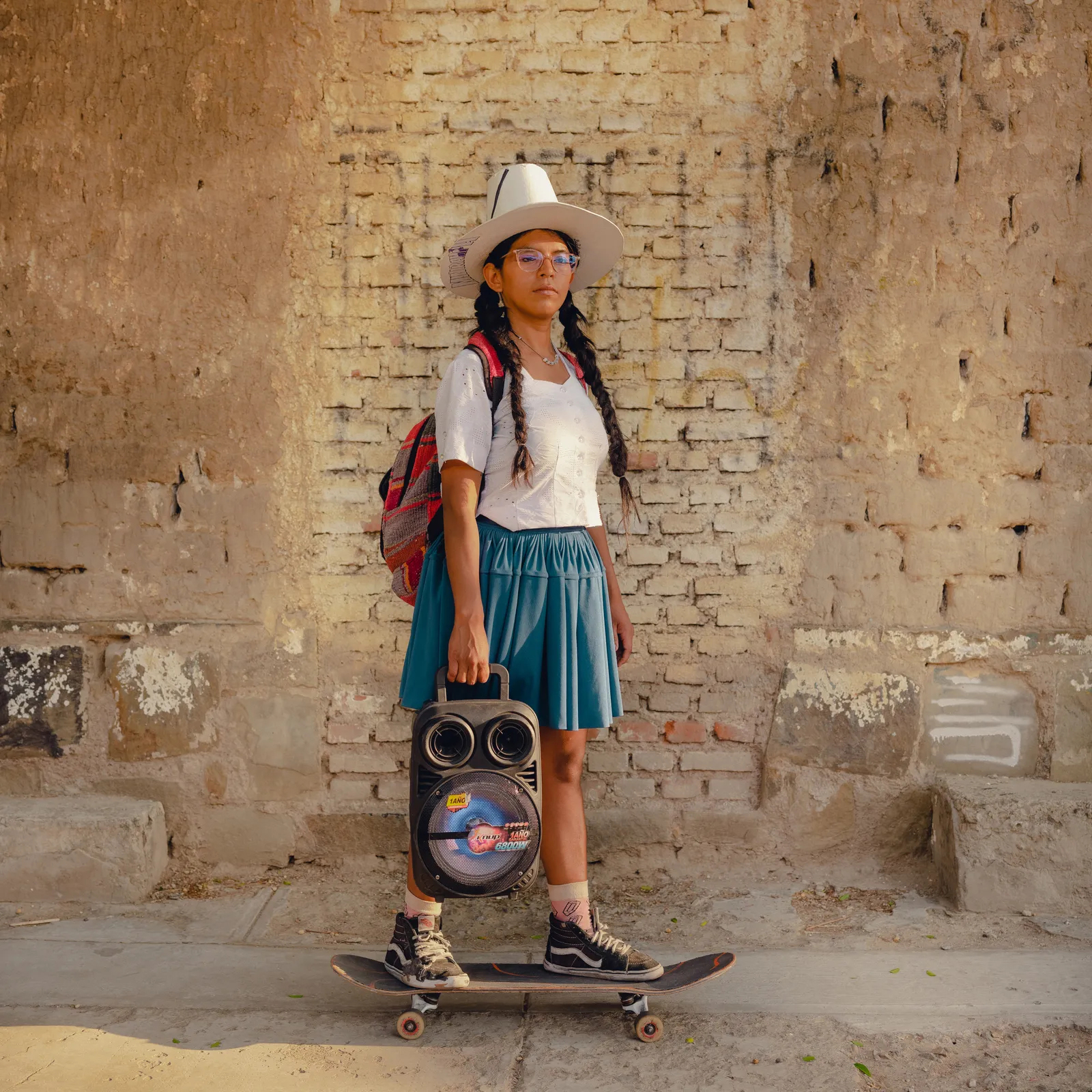
This article was originally published on Vogue.com
